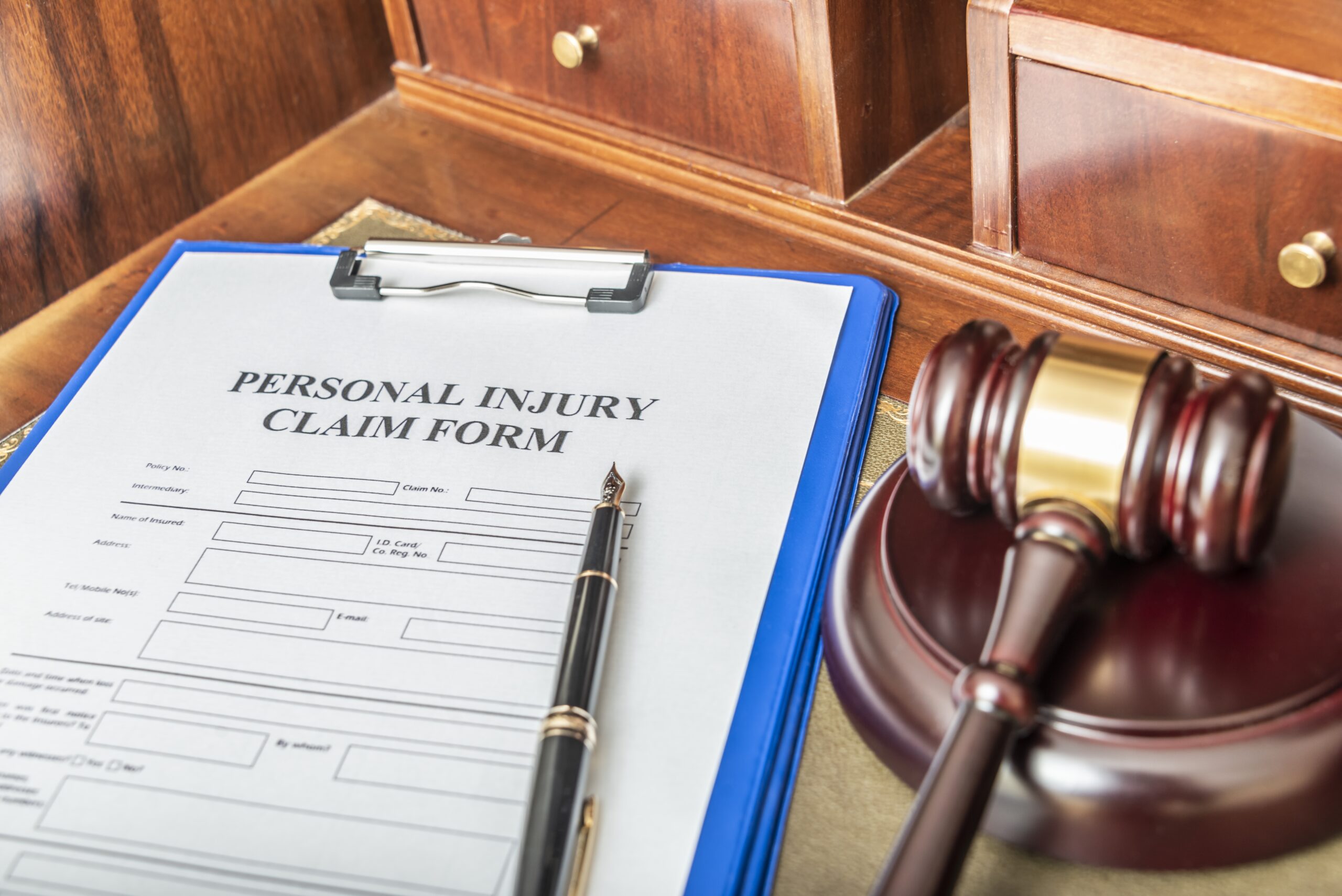Picking an attorney for a personal injury case can be difficult. The last thing you want to do while recovering from an injury is worry about whether a lawyer will try and slim your wallet for their own benefit, or how stressful it will be to file a lawsuit. If you’re choosing a personal injury attorney, knowing what questions to ask can help you get the counsel, care, and compensation you deserve.
1: How Much Will This Cost Me?
The Reason:
Attorney rates and fees vary from firm to firm. Knowing how a firm prices its services from the outset is important. For example, some firms offer free consultations, while others charge a consultation fee. Some attorneys charge an hourly rate, while others charge a flat fee (meaning the cost is determined up-front at signing) or take a percentage of the final result as legal fees. Some attorneys will charge you even if they lose the case, others only charge if they win.
The Benefit:
Figuring out which firms fit your budget gives you a good starting point for further conversations. It also helps you get a feel for the ethos of the firm. For example, we use contingency fee pricing – our clients don’t pay a dime unless we win their case – because we believe people deserve access to high-quality counsel, regardless of their socioeconomic status. Different pricing models have different pros and cons, so talk with your attorney about why they price their services a certain way when discussing costs.
2: Do You Have Experience with Cases Like This?
The Reason:
Working with a lawyer who’s familiar with your specific case is crucial. There are dozens of types of personal injury disputes – for example, an attorney specializing in premises liability or product liability cases may not be the best choice for a trucking accident case.
The Benefit:
An attorney familiar with your specific type of injury will have invaluable experience navigating the courts, medical experts, and insurance providers tied to your case. That gives you a leg up when you want to maximize compensation.

3: Can You Tell Me About a Time You Handled a Similar Case?
The Reason:
This question is a follow-up to the previous one. Sometimes, a lawyer may say they’re familiar with an injury they don’t have first-hand experience handling, but familiarity isn’t always enough. Asking for an example allows you to judge an attorney’s knowledge of cases like yours.
The Benefit:
The consequences of injuries vary from individual to individual. An attorney with personal experience handling certain injuries will know to do things a less-experienced lawyer wouldn’t. For example, they may evaluate a car accident victim for signs of a traumatic brain injury (TBI) due to recognizing concussion symptoms a less experience attorney could miss.
Working with an experienced attorney does more than just put you in capable hands, it increases your chances of being properly treated for your injuries.
4: Do You Have Testimonials? Can I Speak with a Past Client?
The Reason:
This not only gives you a chance to speak with a former client, but also lets you see how comfortable your attorney is putting you in touch with one. If an attorney claims they’ve handled hundreds of cases but can’t seem to find a single client willing to speak well of them, it can be a red flag.
The Benefit:
Hearing from a former client personally does more than just help you assess an attorney’s abilities – it also gives you an idea of how your case may proceed. If you speak with a client who had similar injuries to your own, they can help you understand what to expect after signing.
5: Who’s Going to Handle My Case? How Often Will I Get Updates?
The Reason:
Different firms handle case management in different ways. Some attorneys prefer to manage cases themselves. Others have a team of legal professionals, such as paralegals, legal assistants, and case managers, handle the majority of client interactions.
Each style has benefits and drawbacks. Having an attorney attend to your needs can be great, but they may also reduce contact more than you’d like if they take on other cases. In contrast, having a team working on your case may give you access to more consistent updates. Ideally, you may want a firm that gives personal access to the attorneys, while still having a team handle generalized case updates and information.
The Benefit:
Everyone has different communication styles and preferences. Think about what’s important to you, and see if you can find an attorney or firm that supports your ideal style of case management. Feeling like you’re “in the know” can help reduce the anxiety of waiting on a settlement or preparing for trial.

6: How Can I Get in Touch with You?
The Reason:
If there’s an emergency or you want to ask your attorney something, knowing you’ll be able to reach them easily is essential.
The Benefit:
Having a way to consistently get in touch with your attorney can give you valuable peace of mind. For example, our Partners always give clients access to their personal cellphones. Speaking with a case manager can be helpful, but sometimes it takes a personal check-in with a lawyer to be fully confident in where your case is headed.
7: Do You Foresee Any Problems with My Case?
The Reason:
The sooner you’re aware of potential issues with your case, the sooner you can prepare to counteract them.
The Benefit:
Knowing what hurdles your attorney sees in your case allows you to put together a case strategy that addresses those issues. In the personal injury arena, that may include arranging certain treatments or working with medical experts another attorney may have overlooked or lacked the resources to provide.
8: How Long Could It Take to Resolve My Case?
The Reason:
This is a bit of a trick question, since the answer is almost always “I don’t know.” Personal injury cases can take anywhere from months to years to resolve, but asking this question can help you get a feel for what a lawyer thinks of your case.
The Benefit:
It’s better to have an honest attorney than one who makes false promises. Worst case, you get what seems like a false promise and can scratch an attorney off your list. Best case, you may come out of it with a somewhat definitive (or at the very least, honest) answer that has good reasoning behind it.
9: What Happens if I Don’t Want to Settle?
The Reason:
Some attorneys desperate to get rid of cases (usually, ones who take on too many to begin with) take the first settlement offer they get. This question helps you get a feel for how willing an attorney is to keep pushing for a different outcome or even take your case to trial despite receiving an offer from an insurance adjuster.
The Benefit:
Knowing you have an attorney who’s willing to pursue the outcome you feel you deserve, even if it’s not the easiest, is vital. Working with an attorney who truly cares about your best interests will help make your legal battle significantly less stressful.

10: What Happens if I Lose My Case?
The Reason:
Nobody wants to think about losing their case, but it’s important to acknowledge the possibility – and understand what you can expect if the court does rule against you.
The Benefit:
Most personal injury cases end with a settlement, so chances of a court ruling against you are relatively slim – but not impossible. Knowing how your attorney will respond if you do lose or get an unfavorable outcome can help reinforce your decision to work with them (or, in some cases, refuse to).
Work with Attorneys Who Get It
At Wilshire Law Firm, we’re committed to providing clients with the counsel and care they deserve. When you work with us, you get access to more than an attorney – you gain a team of legal professionals, medical experts, and lawyers who will advocate tirelessly for the best possible outcome in your case.
Work with a team that’s not afraid to fight for clients from treatment to trial. Schedule a consultation with our team online or give us a call at (800) 501-3011.










